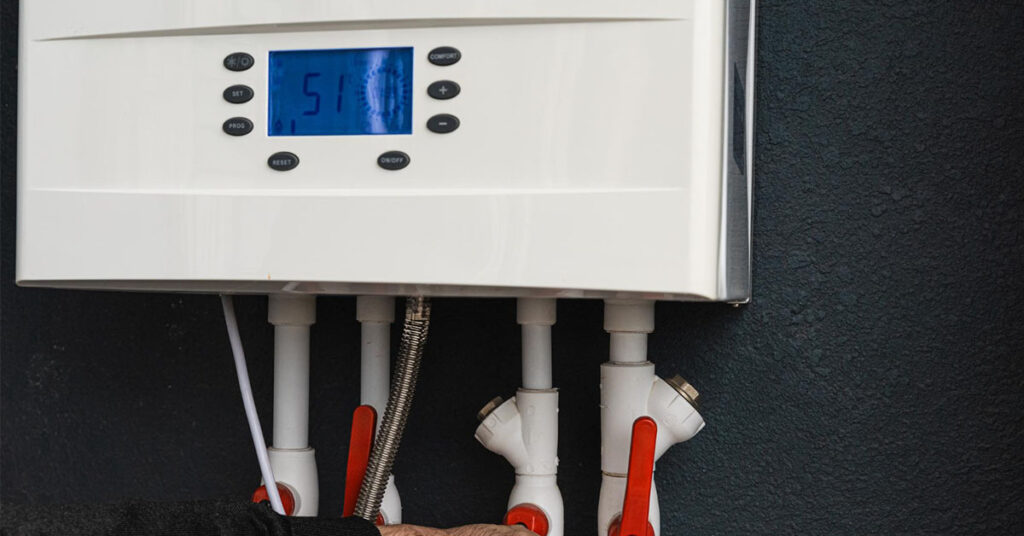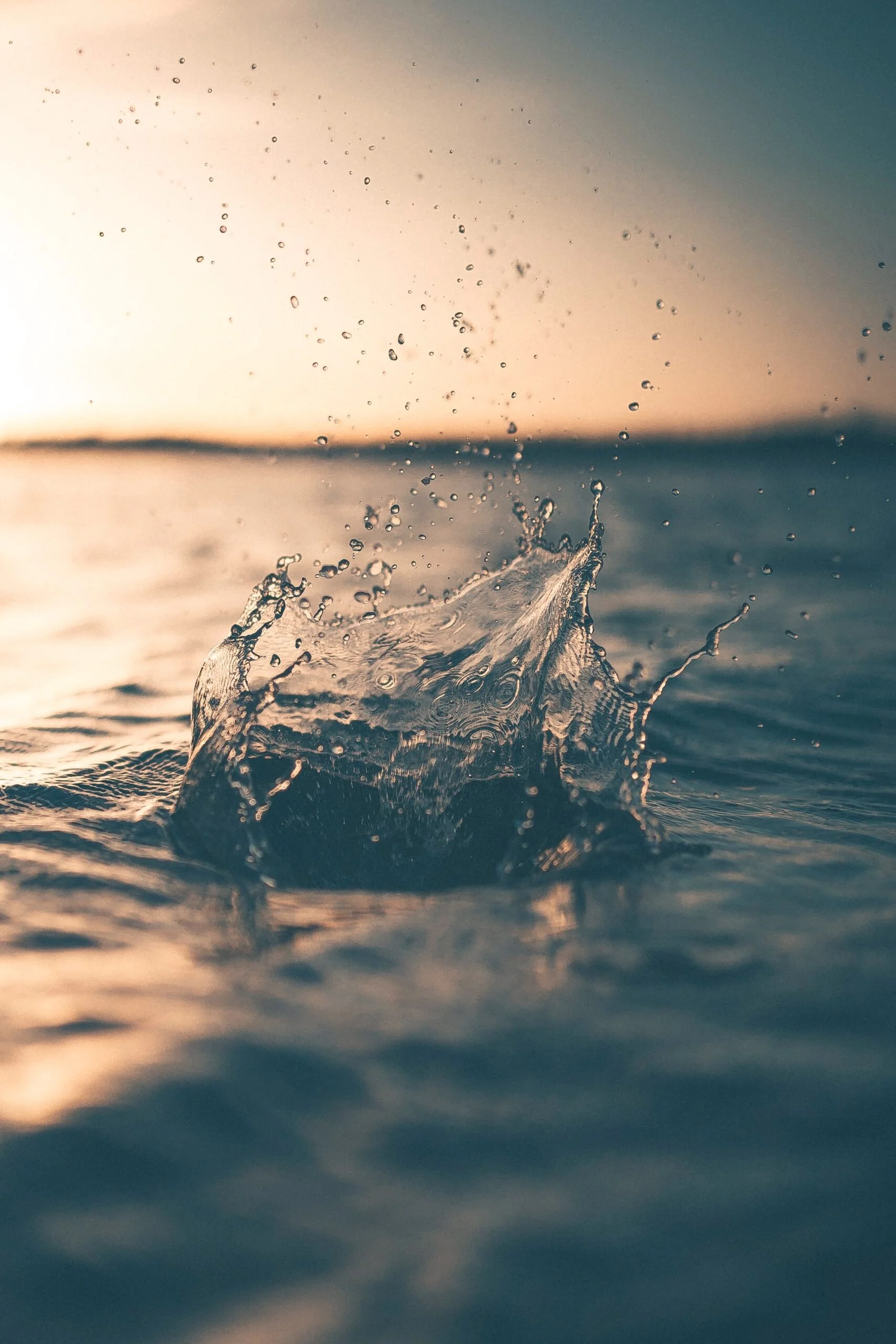As homeowners, we rely on various appliances to make our lives easier, and a hot water heater is one of them. There’s one question that lingers among homeowners: can a hot water heater explode? In this blog post, we’ll investigate the factors that increase the risk of explosion and provide practical tips for preventing them. Let’s get started.
Can a Hot Water Heater Explode?
The prospect of a hot water heater explosion can be a cause for concern among homeowners. While such incidents are relatively rare, they can pose serious risks to both property and personal safety. Understanding the factors that contribute to the potential for explosion is crucial for homeowners to take appropriate preventive measures.
1. Pressure Build-Up
One of the primary mechanisms that can lead to a hot water heater explosion is the build-up of pressure within the tank. As water is heated, it expands, creating pressure within the closed system of the tank. Under normal circumstances, this pressure is regulated and relieved through the pressure relief valve. However, if the valve malfunctions or becomes blocked, pressure can continue to increase unchecked, eventually reaching dangerous levels.
2. Overheating
Excessive heat can exacerbate pressure build-up and increase the risk of an explosion. Water heaters that are set to excessively high temperatures are more prone to overheating, especially if the thermostat malfunctions or if the water heater lacks adequate insulation. High temperatures can also accelerate the degradation of internal components, such as the tank lining, potentially leading to leaks or structural weaknesses.
3. Gas Leaks (for Gas-Powered Water Heaters)
Gas-powered water heaters introduce an additional risk factor – the potential for gas leaks. Natural gas or propane leaks can occur due to faulty connections, damaged supply lines, or deteriorating components within the water heater itself. If gas accumulates in sufficient quantities within the vicinity of the water heater and is ignited by a spark or flame, it can result in a catastrophic explosion.
4. Corrosion and Structural Weaknesses
Over time, water heaters are susceptible to corrosion, particularly in regions with hard water or poor water quality. Corrosion can weaken the structural integrity of the tank, making it more vulnerable to rupture or failure. Additionally, sediment accumulation at the bottom of the tank can accelerate corrosion and create localized hotspots, further compromising the tank’s integrity.
5. Age and Maintenance
Older water heaters are generally at a higher risk of failure and explosion due to wear and tear over time. Lack of regular maintenance, such as flushing the tank to remove sediment or inspecting and replacing worn-out components, can also contribute to the likelihood of a catastrophic failure.
Prevention Measures: Minimizing the Risk of Hot Water Heater Explosions
Preventing a hot water heater explosion requires a combination of proactive maintenance, vigilant monitoring, and adherence to safety protocols. By implementing the following preventive measures, homeowners can significantly reduce the risk of catastrophic failures:
1. Regular Maintenance
Schedule annual maintenance checks with a qualified technician to inspect your water heater thoroughly. During these inspections, the technician will assess the condition of various components, including the pressure relief valve, heating elements (for electric water heaters), gas lines (for gas-powered units), and the tank itself. Flushing the tank to remove sediment buildup is also essential, as sediment accumulation can contribute to overheating and corrosion.
2. Temperature Regulation
Set the thermostat on your water heater to a safe temperature, typically around 120 degrees Fahrenheit (49 degrees Celsius). This temperature strikes a balance between ensuring hot water availability and minimizing the risk of overheating. Avoid setting the temperature too high, as it can accelerate corrosion, increase pressure build-up, and pose scalding hazards.
3. Install a Carbon Monoxide Detector
For gas-powered water heaters, installing a carbon monoxide detector close to the appliance is imperative. Carbon monoxide is a colorless, odorless gas produced by incomplete combustion of natural gas or propane. A malfunctioning water heater can emit carbon monoxide, posing a serious health risk to occupants. A properly functioning carbon monoxide detector can provide early warning of potential leaks, allowing homeowners to take prompt action to address the issue.
4. Proper Ventilation
Ensure that your water heater is adequately ventilated to prevent the accumulation of flammable gases, including carbon monoxide. Gas-powered water heaters require proper venting to safely exhaust combustion byproducts outside the home. Verify that vent pipes are free of obstructions and terminate following local building codes. Additionally, maintain clear space around the water heater to facilitate airflow and prevent overheating.
5. Upgrade Aging Units
Consider replacing aging water heaters, especially if they are more than 10 years old. Newer models often incorporate advanced safety features and improved materials that enhance reliability and durability. Energy-efficient models can also help reduce operating costs while minimizing environmental impact. Prioritize water heaters with robust warranties and a track record of reliability to maximize peace of mind.
6. Educate Household Members
Ensure that all members of the household are aware of basic safety protocols related to the operation of the water heater. Emphasize the importance of avoiding tampering with temperature settings, reporting any unusual noises or odors emanating from the water heater, and knowing the location of the gas shut-off valve in case of emergencies.
Read More: Should Air Conditioning Be On Auto Or Fan?
Conclusion
By implementing these preventive measures and staying vigilant, homeowners can significantly reduce the risk of hot water heater explosions. Remember, proactive maintenance and adherence to safety guidelines are essential for ensuring the continued safe operation of your water heater. Prioritize safety to protect your property, your loved ones, and yourself from potential hazards associated with hot water heater malfunctions.


